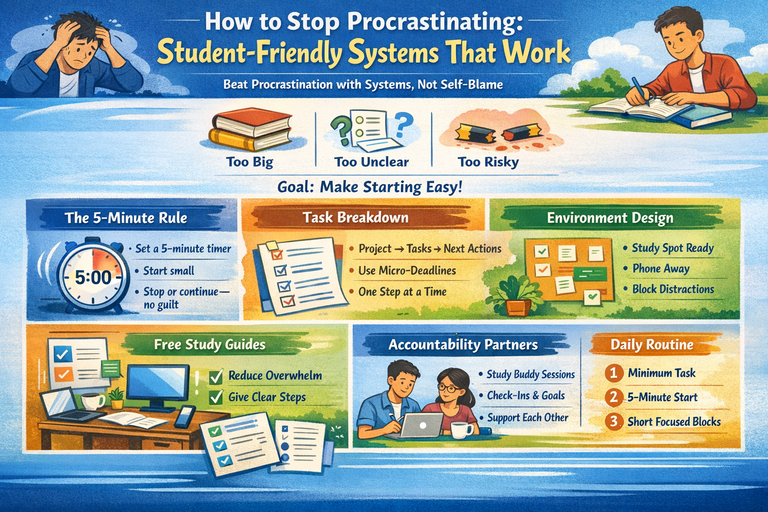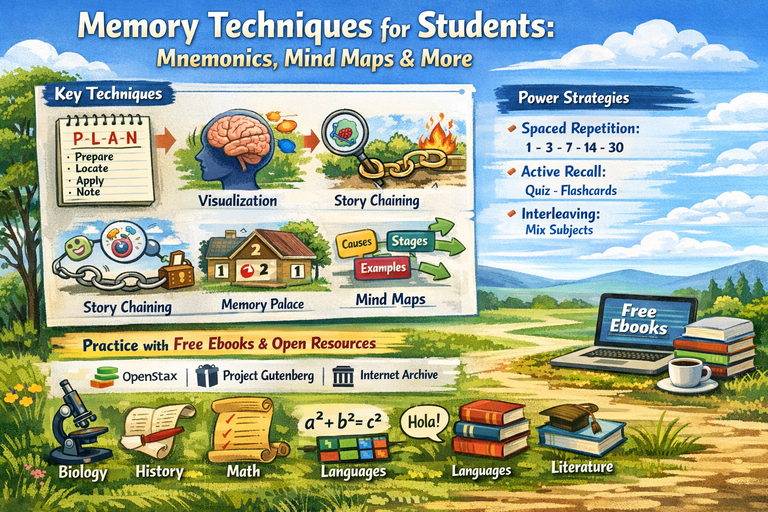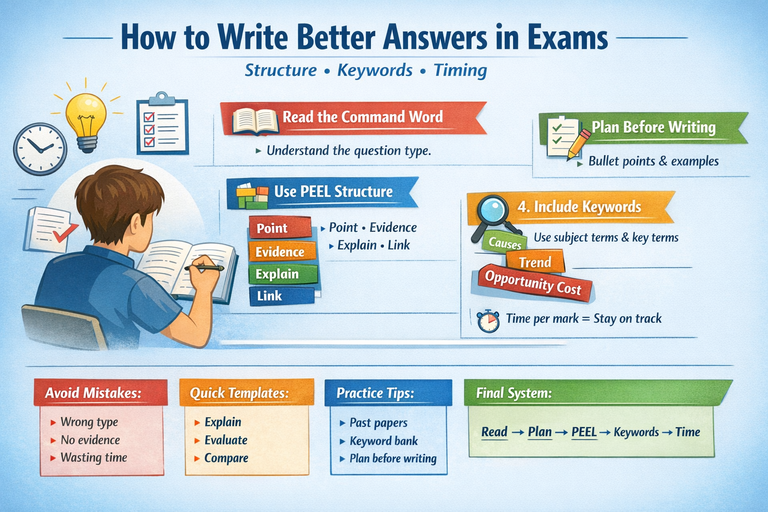Top 10 Financial Novels Every Investor Should Read
Finance isn't all numbers and spreadsheets. Behind the markets are people—ambitious traders, cautious investors, daring CEOs, and the occasional fraudster. Financial novels pull back the curtain on this complex world, offering not just entertainment, but deep insights into human behavior, risk, ambition, and greed.
At Junkybooks, we believe the best way to understand the emotional and psychological currents of investing is through storytelling. Whether you're a seasoned investor or just stepping into the world of finance, these novels offer valuable lessons wrapped in gripping narratives.
Here are 10 must-read financial novels that every investor should add to their reading list.
1. “The Bonfire of the Vanities” by Tom Wolfe
Why It’s Essential:
This novel is a razor-sharp satire of 1980s Wall Street culture. Wolfe paints a vivid picture of ambition, vanity, and moral decay through the story of Sherman McCoy, a bond trader whose life unravels after a tragic mistake.
What Investors Can Learn:
The danger of hubris, the fragility of reputation, and how quickly fortunes can shift when greed takes the wheel.
Junkybooks Note:
Wolfe’s writing is dense but electrifying—perfect for readers who love psychological depth and social commentary in their financial fiction.
2. “Liar’s Poker” by Michael Lewis
Why It’s Essential:
Although technically a memoir, Lewis crafts it with the pacing and humor of a novel. He recounts his time as a bond salesman at Salomon Brothers in the 1980s.
What Investors Can Learn:
A behind-the-scenes look at the wild culture of Wall Street, the origin of mortgage-backed securities, and the chaos that precedes market collapses.
Junkybooks Note:
Lewis is a master of making complex finance concepts accessible. If you like this one, his other books like The Big Short are also must-reads.
3. “American Psycho” by Bret Easton Ellis
Why It’s Essential:
More psychological thriller than finance manual, this controversial novel uses the world of investment banking as a backdrop for a chilling exploration of consumerism and moral emptiness.
What Investors Can Learn:
How success can mask sociopathy—and how the culture of excess can twist one's values beyond recognition.
Junkybooks Note:
Dark, disturbing, and brilliant. Not for the faint of heart, but unforgettable.
4. “Too Big to Fail” by Andrew Ross Sorkin
Why It’s Essential:
This gripping narrative covers the events leading up to the 2008 financial crisis, focusing on the key figures and firms involved.
What Investors Can Learn:
How interconnected the global financial system is—and how panic, power, and policy collide during a crisis.
Junkybooks Note:
Though technically nonfiction, it reads like a high-stakes thriller. Essential for understanding modern market risk.
5. “The Financier” by Theodore Dreiser
Why It’s Essential:
A classic tale of a 19th-century tycoon, this novel is as relevant today as when it was first published. It follows Frank Cowperwood, a ruthless businessman navigating the corrupt political and financial world of Philadelphia.
What Investors Can Learn:
The cyclical nature of markets, the temptation of unethical shortcuts, and how ambition can both build and destroy empires.
Junkybooks Note:
For fans of historical fiction and old-school financial drama.
6. “Reminiscences of a Stock Operator” by Edwin Lefèvre
Why It’s Essential:
Although fictionalized, this book is based on the life of legendary trader Jesse Livermore. It’s a deep dive into market psychology, speculation, and risk-taking.
What Investors Can Learn:
Market timing, emotional discipline, and the fine line between genius and ruin in the trading world.
Junkybooks Note:
This is a favorite among traders and long-term investors alike. Every chapter contains timeless wisdom.
7. “Flash Boys” by Michael Lewis
Why It’s Essential:
Another gem from Lewis, this novel-esque exposé reveals how high-frequency trading (HFT) changed the landscape of the stock market.
What Investors Can Learn:
How the system is rigged, the ethics of speed over strategy, and the hidden players reshaping finance.
Junkybooks Note:
Perfect for readers interested in tech-driven finance and the moral dilemmas of modern markets.
8. “House of Cards” by William D. Cohan
Why It’s Essential:
Cohan explores the rise and fall of Bear Stearns, one of the most dramatic casualties of the 2008 crash.
What Investors Can Learn:
Corporate arrogance, mismanagement, and how even powerful firms can crumble overnight due to poor risk controls.
Junkybooks Note:
An emotionally charged deep dive into Wall Street collapse. Read it alongside “Too Big to Fail” for a full picture of 2008.
9. “The Ascent of Money” by Niall Ferguson
Why It’s Essential:
Though this is nonfiction, Ferguson uses storytelling to trace the historical evolution of finance—from ancient banking to the modern stock market.
What Investors Can Learn:
Understanding the roots of financial systems gives investors perspective on today’s economic shifts.
Junkybooks Note:
Rich with stories and insight. Ideal for readers who want context and clarity around the evolution of money.
10. “Bitcoin Billionaires” by Ben Mezrich
Why It’s Essential:
This high-energy narrative follows the Winkelvoss twins post-Facebook as they invest in the wild world of cryptocurrency.
What Investors Can Learn:
Early adopter advantage, the volatility of crypto markets, and how conviction shapes innovation.
Junkybooks Note:
Fast-paced and filled with tech drama. Great for investors curious about the rise of digital currency.
Why These Novels Matter to Investors
Financial novels offer more than entertainment—they provide psychological insight, moral dilemmas, and strategic thinking that every investor should consider. These stories remind us that behind every ticker symbol is a human story: fear, ambition, hubris, and hope.
At Junkybooks, we believe in learning through narrative. Books allow investors to walk through crises without suffering real losses, to understand decisions without taking the risk themselves, and to see what not to do through the failures of fictional characters.
Final Thoughts
Finance isn’t just about numbers—it’s about people, decisions, and stories. The novels listed here are powerful, not because they predict the market, but because they reflect how markets work through human behavior.
Whether you’re reading to understand market crashes, learn investment strategies, or simply enjoy a gripping tale, these books will stay with you long after the last page.
So next time you’re looking for a good read, don’t just browse the finance section—pick up a financial novel. You might just become a better investor because of it.








